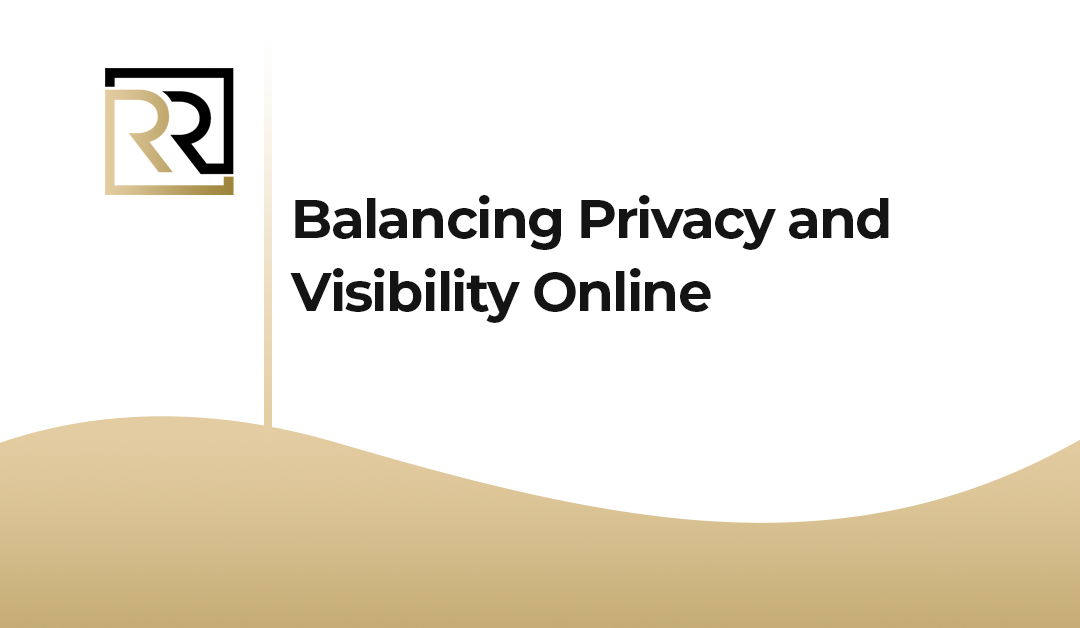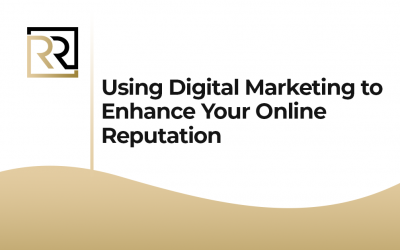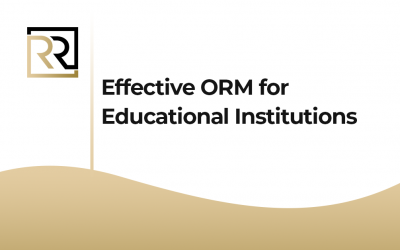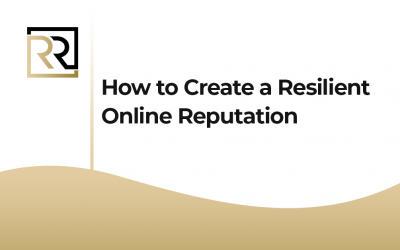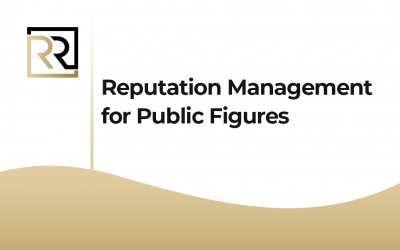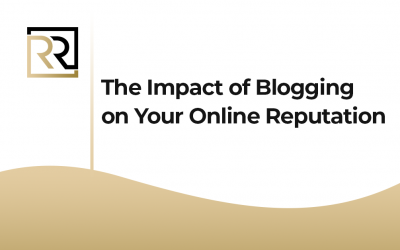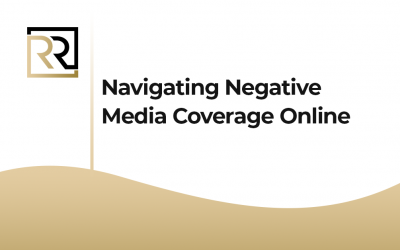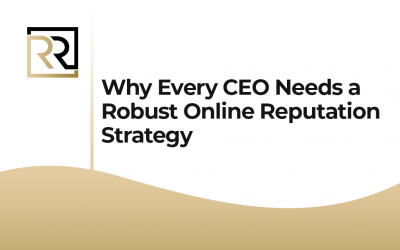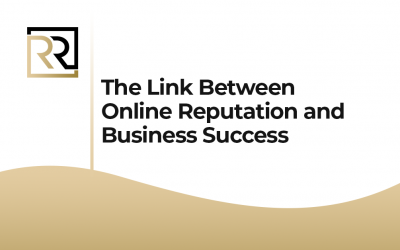Privacy and Visibility Online
Firstly, in the age of constant connectivity, balancing privacy and visibility online has become a nuanced challenge. While sharing aspects of our lives on digital platforms can be empowering and enriching, it also raises concerns about personal privacy. Therefore, this article delves into the delicate equilibrium between maintaining privacy and visibility online. Also, by understanding the dynamics at play and implementing thoughtful strategies, individuals can navigate the digital landscape with confidence. Therefore, here is how to take care of your Google reputation management.
The Digital Tightrope: Privacy and Visibility Online
- Defining Privacy in the Digital Era: Privacy, once a largely offline concept, has taken on new dimensions in the digital era. It encompasses the control individuals have over their personal information, the extent to which they can remain anonymous online, and the boundaries they set for sharing various aspects of their lives.
- The Allure of Online Visibility: Simultaneously, the desire for visibility on digital platforms has grown exponentially. Therefore, individuals seek to share experiences, connect with others, and build personal or professional brands. Additionally, the visibility afforded by social media, blogs, and other online channels can be a powerful tool for self-expression and connection.
Privacy and Visibility Online – Navigating the Privacy Landscape
- Understand Platform Privacy Settings: Further, different online platforms offer varying levels of privacy controls. Therefore, take the time to understand and customize privacy settings on social media. Ensure that you are comfortable with the visibility of your content to different audiences.
- Regularly Review and Update Privacy Settings: The digital landscape evolves, and so should your privacy settings. So, regularly review and update your privacy preferences, to align with your current comfort levels, and changes in platform policies.
The Value of Online Anonymity
- Anonymous Platforms for Expression: Ultimately, embracing online anonymity can be a way to freely express opinions. Also, this can be done to share experiences without the fear of judgment or consequences. Platforms that allow for anonymous interaction provide a space for genuine expression without the weight of personal visibility.
- Cautions of Online Anonymity: While online anonymity has its merits, it comes with cautions. Anonymity can sometimes lead to the spread of misinformation or the use of online spaces for negative behavior. Therefore, it’s essential to strike a balance that allows for expression, while maintaining ethical standards.
Privacy and Visibility Online: Personal vs. Professional Visibility
- Define Boundaries Between Personal and Professional Profiles: Generally, clearly define boundaries between your personal and professional online profiles. Platforms like LinkedIn are designed for professional visibility, while personal content may be better suited for platforms with tighter privacy controls.
- Curate Professional Visibility: Additionally, actively curate your professional online presence by highlighting achievements, skills, and industry engagement. Moreover, showcase your expertise in a way that aligns with your professional goals and fosters a positive image within your industry.
Protecting Sensitive Information
- Exercise Caution with Personal Details: Consequently, exercise caution when sharing personal details online. Be mindful of the information you reveal, considering the potential implications on your privacy and security. Also, avoid sharing sensitive details like home addresses, phone numbers, or financial information.
- Utilize Two-Factor Authentication: Further, enhance your online security by implementing two-factor authentication where available. Ultimately, this additional layer of security adds a barrier to unauthorized access, and safeguards your accounts. This applies, especially, to those containing sensitive information.
Cultivating a Positive Digital Image
- Be Mindful of Your Digital Footprint: Emphatically, your digital footprint is a lasting record of your online activities. Therefore, be mindful of the content you create and share, understanding that it contributes to your overall digital image. Also, regularly review your digital footprint to ensure it aligns with your desired online persona.
- Address Negative Visibility Promptly: Chiefly, in the event of negative visibility, whether through online criticism or misinformation, address the issue promptly and professionally. Hence, engaging constructively and transparently can mitigate reputational damage, and showcase your commitment to addressing concerns.
The Role of Location Services
- Review Location Settings: Many digital platforms incorporate location services, which can impact your privacy. Therefore, review and adjust location settings to ensure that you are comfortable with the visibility of your whereabouts on specific platforms.
- Limit Location Sharing: Also, consider limiting location sharing to trusted contacts and adjusting settings to minimize the public visibility of your location. Basically, this cautious approach enhances personal safety and privacy.
Educating and Empowering Others
- Promote Digital Literacy: Advocate for digital literacy and educate others about the importance of privacy online. Equally, share tips and best practices for maintaining a healthy balance between visibility and privacy, empowering individuals to make informed decisions about their online presence.
- Encourage Thoughtful Sharing: Furthermore, encourage thoughtful sharing online. Remind friends, family, and colleagues to consider the potential consequences of their online activities. Additionally, one needs to approach visibility with a balanced mindset.
Privacy Concerns in Social Media
- Revisit Friend Lists and Connections: Periodically review your friend lists or connections on social media. Adjust these lists based on your evolving relationships and privacy preferences. Therefore, this allows you to tailor the visibility of your content to specific groups.
- Avoid Over-Sharing Personal Details: While social media encourages sharing, avoid over-sharing personal details. Strike a balance by sharing meaningful experiences without divulging overly intimate or sensitive information.
Utilizing Private Messaging Platforms
- Prioritize Privacy in Messaging: When communicating online, prioritize privacy by using encrypted and secure messaging platforms. Also, platforms that prioritize end-to-end encryption provide an added layer of security for your personal conversations.
- Limit Personal Conversations on Public Forums: Reserve personal conversations for private messaging platforms, rather than engaging in sensitive discussions on public forums. Generally, this ensures that personal details are not unnecessarily exposed to a wider audience.
Staying Informed About Platform Policies
- Regularly Check Platform Policies: Therefore, stay informed about the privacy policies of the platforms you use. Platforms often update their policies, impacting the visibility and control users have over their information. Regularly check and understand these policies to make informed decisions.
- Advocate for Transparent Policies: Advocate for transparent privacy policies on digital platforms. Also, support initiatives that prioritize user privacy and encourage platforms to communicate clearly about how user data is collected, stored, and shared.
Conclusion: Privacy and Visibility Online
Navigating the intricate dance between privacy and visibility online requires a thoughtful, and strategic, approach. Therefore, by understanding the dynamics of digital visibility, leveraging privacy settings effectively, and embracing a balanced mindset, individuals can cultivate a positive online presence without compromising personal privacy. What’s more, the digital world offers vast opportunities for connection and expression, and finding the right balance ensures that these opportunities are harnessed responsibly and with respect for individual boundaries.
Services
Our Services
Search Engine Content Removal
Social Media Content Removal
Positive Content Creation
Online Reviews Optimization
Search Results Optimization
Learn
Our Blog
Using Digital Marketing to Enhance Your Online Reputation
Using Digital Marketing to Enhance Your Online Reputation In today's digital-centric world, where online presence is paramount, leveraging digital marketing to Enhance Your Online...
Effective ORM for Educational Institutions
Effective ORM for Educational Institutions Fundamentally, in today's digital age, where information is readily accessible and perceptions are shaped by online interactions, maintaining...
How to Create a Resilient Online Reputation
Resilient Online Reputation In today's digital era, where information travels at the speed of light and perceptions are shaped by online interactions, a resilient online reputation is more...
Reputation Management for Public Figures
Reputation Management for Public Figures For public figures, whether celebrities, politicians, or industry leaders, reputation management is not just a luxury but a necessity. Thus, in an age...
The Impact of Blogging on Your Online Reputation
Blogging and Your Online Reputation In the digital realm, where online presence holds significant weight, the impact of blogging and your online reputation cannot be overstated. Basically,...
Navigating Negative Media Coverage Online
Navigating Negative Media Coverage Online In today's digital age, negative media coverage online can spread rapidly across online platforms, potentially damaging the reputation of individuals...
Why Every CEO Needs a Robust Online Reputation Strategy
Why Every CEO Needs a Robust Online Reputation Strategy In today's digital age, robust online reputation strategy and online presence of CEOs has become increasingly influential in shaping...
The Dos and Don’ts of Responding to Online Criticism
The Dos and Don’ts of Responding to Online Criticism Nowadays, online criticism is an inevitable aspect of maintaining an online presence, whether you're an individual, a business, or a...
The Link Between Online Reputation and Business Success
Online Reputation and Business Success Online Reputation and Business Success go hand in hand. In today's digital era, where information flows freely and consumer choices are influenced by online...


